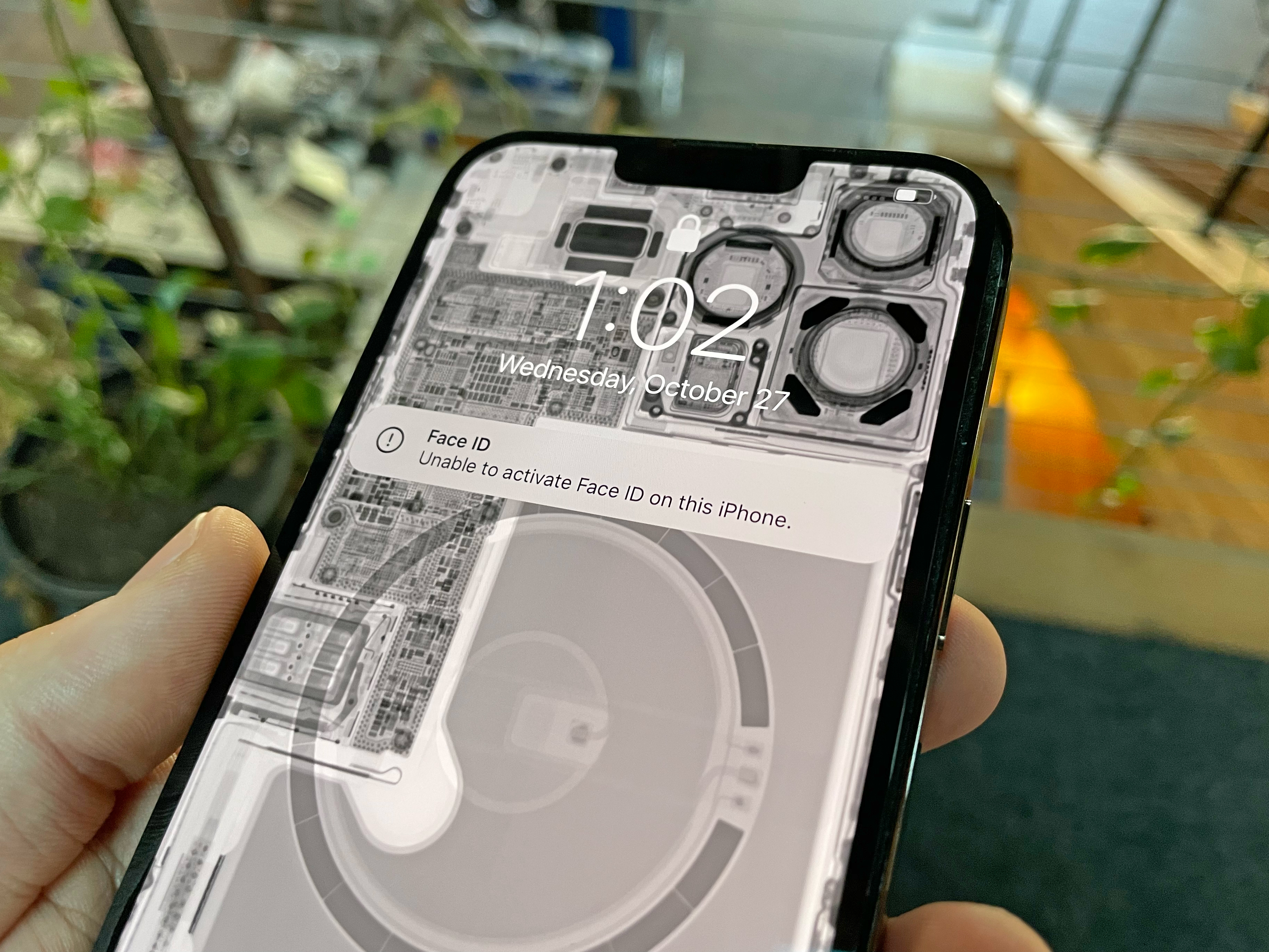Every week there are too many developments in the world of repair for any mere mortal to keep track of. Fortunately, the folks over at the Fight to Repair newsletter are here to help: recapping the most important repair news for iFixit readers. As a special offer, iFixit.com readers can claim a free, 60-day premium membership to the Fight to Repair newsletter. Visit fighttorepair.substack.com/ifixit.
A December 2022 lawsuit charging Apple with ‘planned aging’ of its products has sparked a larger investigation into possibly deceptive business practices, according to a report by France 24. The original lawsuit was filed by the French consumer organization Halte à l’Obsolescence Programmée (HOP, Halt Planned Obsolescence). The group sought to prove that Apple practices like part serialization, in which parts are digitally tied to specific devices, allow the company to limit repairs conducted by independent repair professionals and ordinary citizens. The suit cited incidents such as one in which customers who replaced defective displays on iPhone 13 and 13 Pro models found that Apple’s Face ID no longer worked. Apple claimed the problem was the result of a faulty update and fixed the “defect” with the release of iOS 15.2.

The HOP suit cites offenses under the French Anti-Waste Law for a Circular Economy (2020), which makes it illegal to erect obstacles to repair and reconditioning. If left unaddressed, Apple will continue to use parts pairing to prevent “unauthorized” repairs, the suit alleges. Apple has not commented on the case.
Suits against manufacturers citing anti-competitive practices are on the rise. In the U.S., agricultural equipment maker John Deere faces a class action lawsuit that alleges the company illegally restricts the ability of farmers and independent repair professionals to service its machinery.
Tesla, the electronic car maker, is being sued a second time by owners of Tesla Model S and Model X who report that a software update to their vehicles has reduced the range of their vehicles by as much as 20%. In 2021 the company settled a class action lawsuit over similar allegations, restoring vehicle functionality and paying affected drivers $625 each in damages.
Other News
- Independent repair shops say Apple makes competition impossible: In 2021 Apple, under pressure from the Australian government’s Productivity Commission launched an independent repair provider program allowing small companies to compete with Apple to repair their products—such as the iPhone—using Apple tools and spare parts. Two years later, a report in Guardian Australia quotes independent repair shops in Australia and the US saying that Apple’s slow response times and the high cost for replacement parts makes it almost impossible for them to be viable competitors to Apple-authorized repair.
- Another argument for repairing your clothes: The continued mistreatment of garment workers globally. Whether it’s the CEO’s making 400 times what their workers make or the continued danger laborers in the fashion industry are subjected to, there are strong arguments for supporting ethical brands and holding onto those articles of clothing for longer through repair.
- Framework (The Anti-MacBook) gets an upgrade: Alex Wawro at Tom’s Guide says, “I’ve been following Framework since the company launched its first laptop, and after reviewing dozens upon dozens of portable PCs I’m still convinced this is one of the best Windows laptops you can buy—especially if you care about your right to repair and modify the things you own.”
- App stops 1 million units of obsolete IT hardware from reaching UK landfills: Through refurbishment and recycling on a Circular IT business app, launched in 2020, businesses using the Stone360 app can more effectively disposal of their unwanted IT asset, and arrange the collection of their unwanted IT equipment.
- Why Americans are holding on to their cars longer: The cost of buying either a new or used vehicle is leaving more people with essentially no choice but to keep the one they have. “The repair-versus-buy equation changed,” said Todd Campau, an associate director with S&P. Even with rising repair costs, Campau said, it’s still typically more cost-effective to fix an older vehicle than to spring for a purchase. The average vehicle age, which has been edging up since 2019, accelerated this year by a substantial three months. And while 12.5 years is the average, Campau noted, more vehicles are staying on the road for 20 years or more, sometimes with three or four successive owners.
- John Deere’s annual software subscription fee too expensive: The price of software allowing farmers to diagnose and perform repairs on their machines (without calling a dealer) is being called into question by some farmers. Even after the company signed an agreement with the American Farm Bureau, some are calling the agreement a potential marketing strategy by the company.
- European policies focusing on durability and repairability: Policies from Europe are beginning to emphasize the importance of extending product lifespans as well as international collaboration in aligning policies. The five key policy instruments for achieving that are as follows:
- Repair vouchers and repair funds
- Information on the service life and repairability of products
- Minimum product repairability requirements
- Ban on destroying unused goods
- Criminalization of planned obsolescence
- Marie Gluesenkamp Pérez: A Democrat and former auto repair shop owner, Glusenkamp Pérez has introduced two bills in Congress aimed at giving consumers and independent repair shops access to the necessary tools, parts, and data for repairs, which would lower costs and support small businesses.




0 Комментариев